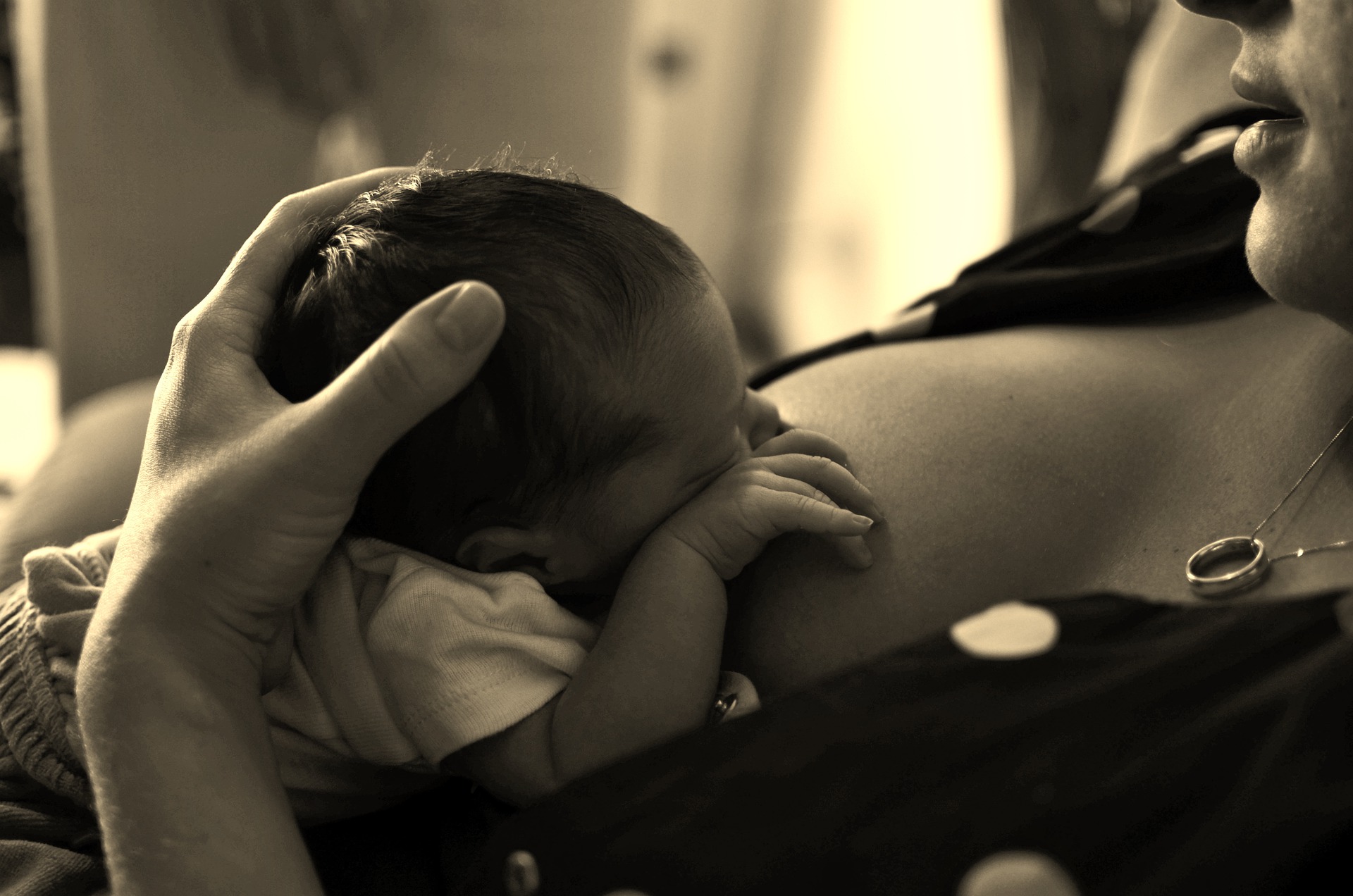Breast feeding is one of the most natural ways of feeding your baby. It is milk given to the baby from the mother’s breast, and it sound and looks simple by according to many mothers.
However, at the beginning it is confusing and difficult for most mothers and can even become frustrating to babies. Generally it is recommended that a mother breast feed the baby for the first 6 months alone.
Breast feeding however is not compulsory though socially more accepted; it is your choice if you want to breastfeed your baby.
How is breast milk produced?
Breast milk is produced mainly due to the hormones prolactin and oxytocin, which is produced in the mother’s body after childbirth. The amount of milk produced will depend on how often you decide to feed your baby, however low milk production can be due to certain medications, hormonal changes and not feeding the baby as often as the baby demands.
Will breast milk be enough for my baby?
Breast milk is sufficient in the first 6 months and the baby will not require any other food or liquid during this time. After six months, milk production reduces and therefore the baby will need alternative nutrition through solids. Cow’s milk tends to produce allergies in most children and most often not given to children during the first year.
What are the benefits of breast feeding?
Breast feeding gives a psychological benefit of mother and baby bonding however on the side of nutrition the composition of breast milk makes it the ideal food for babies, as it is easy to digest. The main ingredients in breast milk include;
- Carbohydrates – mainly lactose
- Fat
- Protein
- Minerals
Breast milk helps babies fight infection and certain illnesses and is a supply of vitamins and nutrients. Furthermore, it is a readily available food for new-borns at body temperature, which saves up on cost of formula feeding and feeding solids.
For most mothers, breast feeding can act as a natural contraception though it is not adviced to reply on this method to keep you from getting pregnant.
Breast feeding also reduces the long-term risks of bottle-feeding, which include Type 1 diabetes, childhood obesity, and certain allergies.
Issues with breast feeding
There are one or more issues with breastfeeding that is faced by almost all mothers
- Trying to get baby to latch on properly
- Worry that baby is not getting enough milk
- Pain, sore and cracked nipples after feeding
- Low milk supply
- Worries about breast sagging
- Illness that prevent breastfeeding
- Fungal infections that occur on the nipple
Related articles


